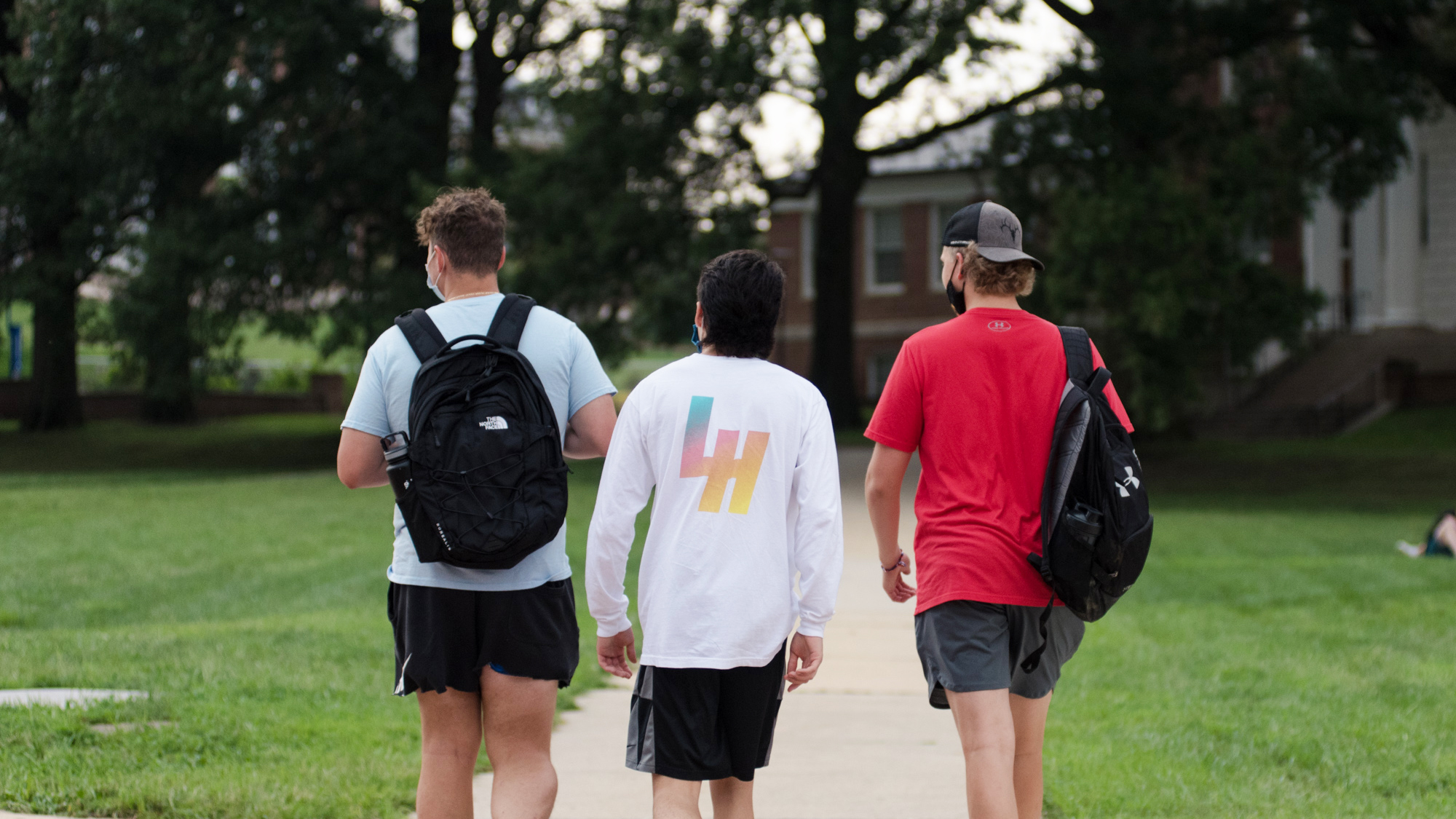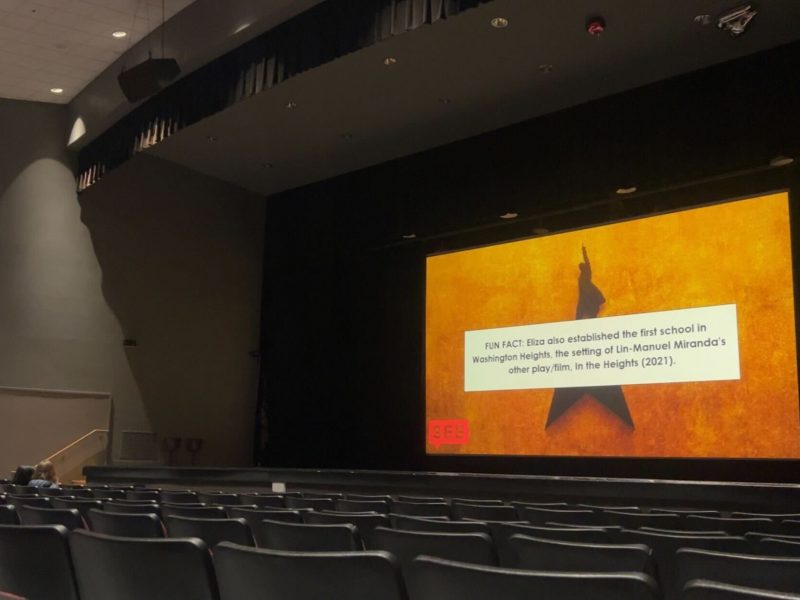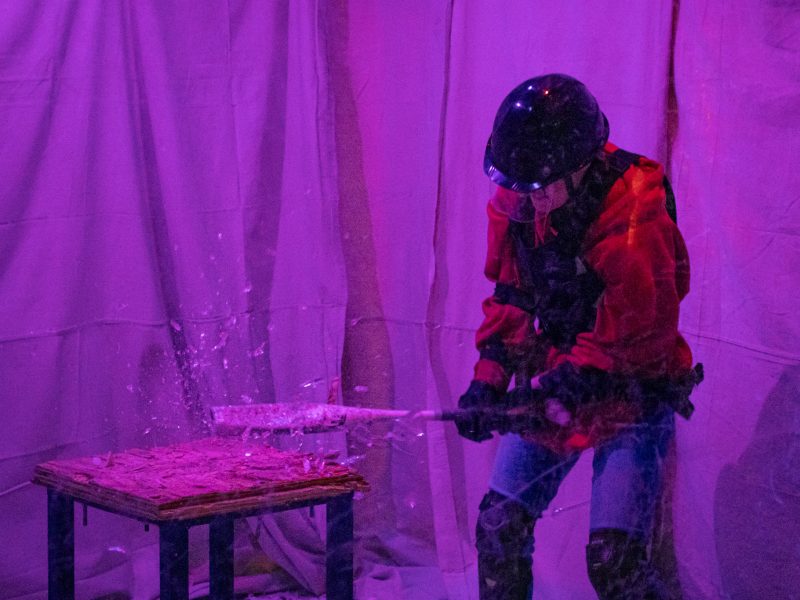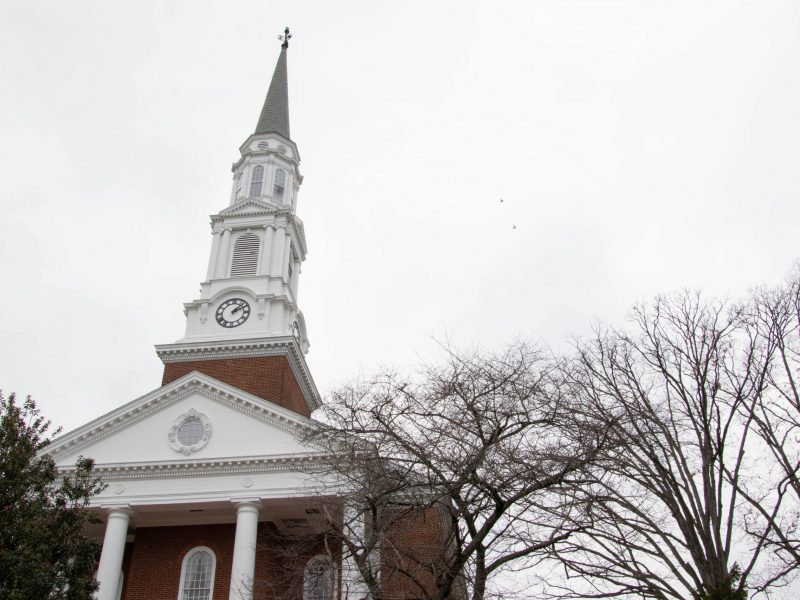This article is part of The Diamondback’s 2021 Welcome Back Guide. Click here for the rest.
Sometimes, I can’t remember what my days were like before the pandemic. I’ve started getting glimpses of that life again, and it’s terrifying. How do I stay safe in a world where a virus has claimed millions of lives? How do I go back to the campus and feel OK when it’s normal to have a mask on my desk, in my bag and on my face?
I’ve realized that it’s OK to not feel safe, it’s OK to be anxious and it’s OK to feel like things aren’t normal — because they aren’t.
Readjusting
Some people can burst into their pre-pandemic lives with energy and gusto. I am not one of those people.
For people with social anxiety, COVID-19 has acted as an enabler, allowing us to avoid the world and the challenges of existing.
“It’s becoming very difficult for me and very nerve-wracking to be around other people,” doctoral student Autumn Perkey said.
In the weeks before my second vaccine shot, my therapist and I talked a lot about my fears and concerns about being around people again.
Her advice was to start with small bits at a time. Getting vaccinated in May left me open to taking her advice, but that isn’t realistic for everyone. Some people are being thrust into the world again with no preparation.
Classes, with a few exceptions, are going to be in person. This may be the first time many are surrounded by hundreds of people since the start of the pandemic.
There’s no one way to deal with this, but when I spoke to Oscar Barbarin, an African-American studies and psychology professor at the University of Maryland, he explained that having a healthy environment for yourself is key.
“If that means sticking with smaller groups, people that you know and feel comfortable with [then do that],” he said.
He added a lot of social anxiety comes from being inside of your own head and worrying you are going to do something wrong. Switching the mental focus from yourself to the other people in your life can be extremely beneficial.
Grieving
I was one of the lucky ones. No one I loved died because of the pandemic. The things I grieve for are selfish, such as an interrupted college experience or the high school senior celebrations. But all of this grief — the collective grief that we have gone through — is valid.
Losing something rather than someone does not make myself or anyone else wrong for being angry or sad. But as we come back to a life following COVID-19, all of us need to acknowledge that grief is not linear and has no time limit.
Our responsibility as friends, colleagues, teachers and students is to acknowledge this trauma and support those who need it.
“If they’re sad, you can be quiet and be with them. If they want to divert their attention to something else, don’t make them feel guilty that they’re [not] sad all the time,” Barbarin said.
Everyone has lost something or someone to this pandemic. Molly Sieger, a rising junior and cell biology and genetics major, told me about how much she was hoping to create relationships and connections in college, but she wasn’t able to during the past year.
Senior agricultural science and technology major Jenn Evans hoped to finish their degree in the spring, but they were unable to complete an internship credit because of the pandemic. At first, they were extremely frustrated about having to take an extra semester.
“I kind of realized I might get to do all the things I missed on campus this fall,” Evans said.
Thriving
When I spoke to Evans, I was struck by just how much hope they had for the next year. I’ve never been the glass half-full person — my therapist instead describes me as a fatalist. But in many ways, Evans is right.
Being back on the campus is going to be hard, but it also comes with a lot of positives. Perkey is the legislative affairs vice president for the university’s graduate student government. During the past year, all of the meetings have been online.
Even with her social anxiety and immune system issues, Perkey is looking forward to seeing people and holding meetings in person. She will be able to get lunch with her colleagues and pop over to other offices when she gets sick of working, she said.
I am an introvert by nature, but I rely heavily on my close friends for support and physical touch. The past year has been hard — I couldn’t hug my best friend or even see her until we were both vaccinated.
Barbarin hopes we hold on to this appreciation of connections and other people. The pandemic and loneliness, he said, have helped us realize how invaluable some of these people are in our lives.
“We should take the time to acknowledge how important they are to us and to really let ourselves experience the joy in being together,” he said.
Our world has irrevocably changed, but all we can do now is readjust, grieve and appreciate the things we’re getting back.



